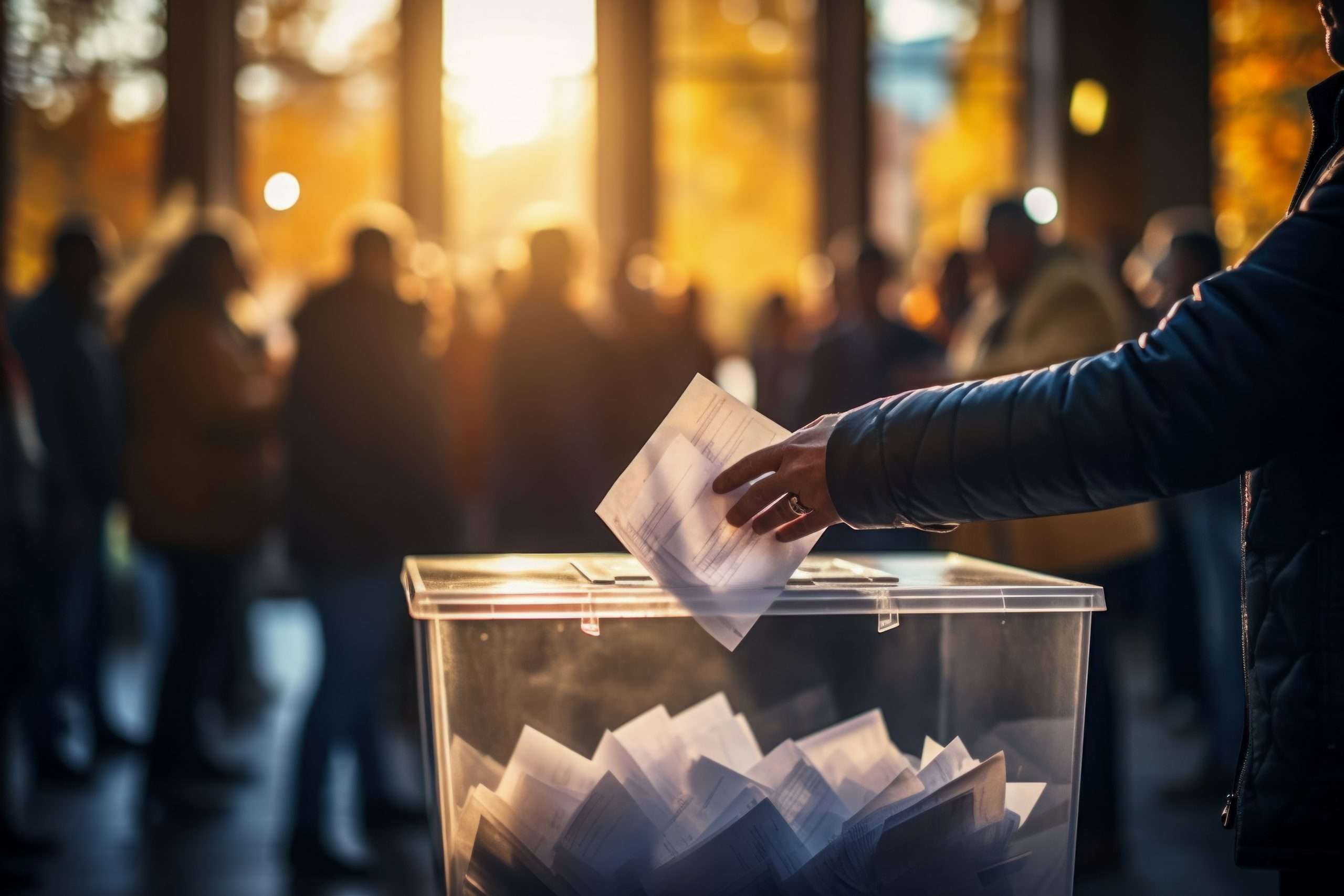
The lead-up to International Day of Democracy (15 September) provides us with an opportunity to pause and reflect on the state of democracy in the world including its many, and sometimes even concerning, manifestations.
Democracies grant us expanded rights and access to decision-making processes, but when democratic institutions and processes are abused and manipulated under authoritarian rule, they undercut the very principles democracy exists to preserve.
This year’s International Day of Democracy is especially noteworthy as it marks a year full of one of the key tenets of democracy: elections. Elections are vitally important to democracy, but they are only effective if the process is fair, transparent, and inclusive. When exploited for personal gain, they undermine the essential element necessary for functioning democracies: trust. Citizen trust is vital for healthy democracies.
Dubbed by some as the year of elections, 2024 will ultimately see 70 countries hold elections, which amounts to four billion people or almost half of the global population going to the polls to determine who will lead their societies. This is a remarkable global accomplishment and truly unthinkable just a few decades ago, especially in countries still grappling with social division. Yet even more noteworthy than the number of people voting is the fact that those participating in elections are showing a degree of trust in their electoral systems. Though a prerequisite to voting, trust is often overlooked or underappreciated.
For those of us working in democracy, human rights, and governance strengthening, it is critically important not to overlook or neglect trust as it is the chord that binds the tenuous relationship between citizens and their elected government. Even while trust contributes to participation in democratic and electoral processes, it is a fragile dynamic that can dissipate with abuse, especially in elections.
Already in 2024, we have seen countries with complex, historically fragmented electorates, still in the early stages of democracy act on their systemic trust and bring a sea change to their countries through the ballot box. In South Africa, the African National Congress lost power for the first time in the thirty years since the country progressed through apartheid. This historic vote has resulted in a coalition government with a diverse collection of perspectives comprising the South African government, for the first time.
While some countries have used the power of elections to unseat entrenched leaders and alter their countries’ courses, other countries’ leaders have exploited elections. Some leaders have manipulated elections to reinforce their own political agendas and then slapped the label of democracy on an anything but democratic result. In Venezuela, authoritarian leader, Nicolas Maduro has claimed yet another illegitimate electoral victory and then sought to validate his false victory with the language of democracy. Maduro’s “democracy washing” of authoritarianism undermines democracy and chips away at fragile, hard-won trust.
Exploited elections, as in the Venezuela case, force an important question: what happens when elections violate the trust of citizens, further entrenching political leaders widely perceived to be at odds with the broader population? Bangladesh has provided an inspiring answer to this question. Just a few months after the country’s January elections kept the Awami League’s Sheikh Hasina in power, Bangladeshi students began amassing with demands for change. Over the summer, young protesters were targeted with violence, but they persisted with their calls for reform. On August 5, Hasina resigned and fled the country ending her party’s 15-year rule.
With at least 14 countries still scheduled to vote in 2024, the year of elections will likely produce even more examples of how elections reinforce and undercut citizen trust. At DT Global, we are committed to shoring up the critical democratic institution of elections.
Yet elections are merely one part of democracy. Whether through the ballot box, at the municipal building, on the testimony stand in parliament, or on the steps of the capitol with a placard; citizen trust is vital for all positive democratic participation. Our work aims to provide access points for citizen engagement while also working with government officials to be responsive and in turn, validate the sacred trust placed in them by their constituents.
So, for those who consider themselves committed to reinforcing democracy around the world, let us not lose sight of the most important facet of democratic participation; let us not neglect efforts to enrich and expand citizen trust.